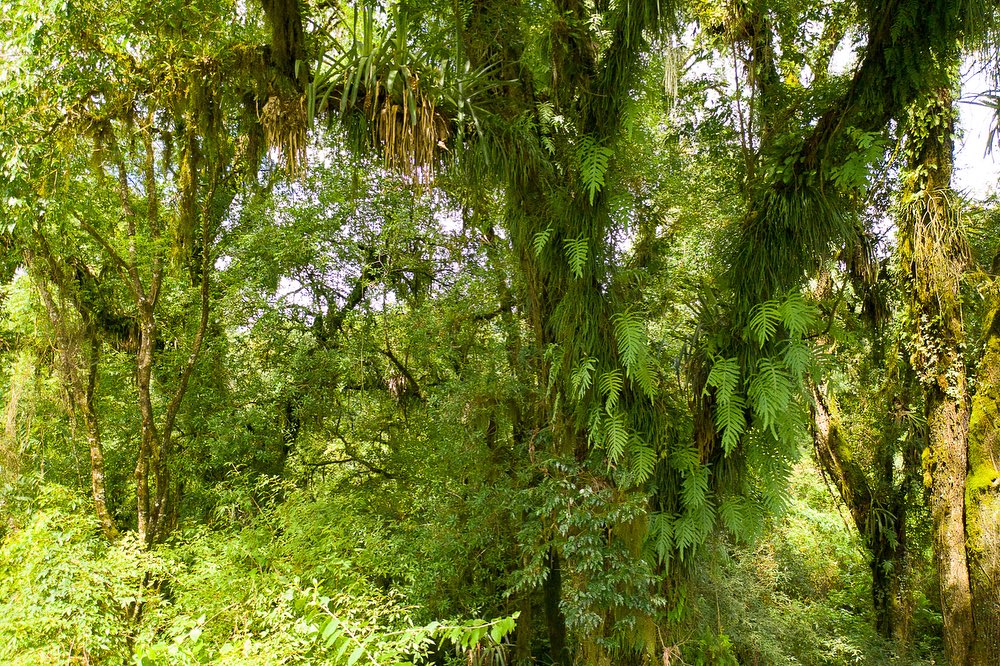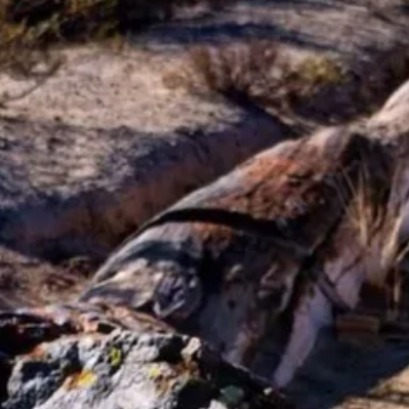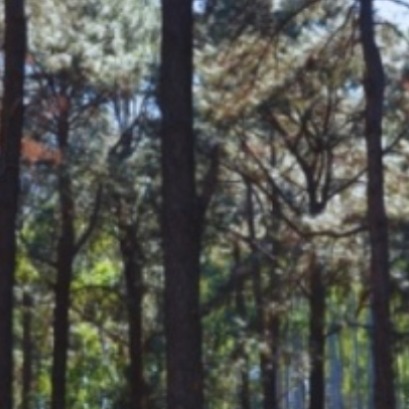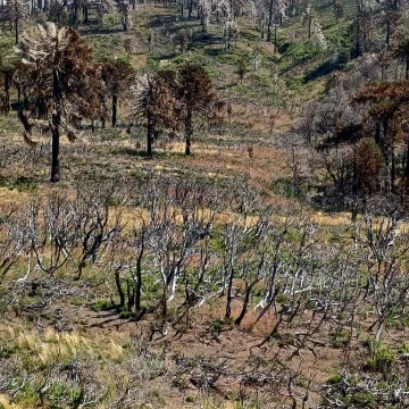
Tucuman | The Santa Ana forest reserve in the Yungas was declared a new provincial park
The government of the province of Tucumán made progress in the recategorization of the Santa Ana Protected Natural Area, of 14,500 hectares, as a provincial park
It arises from the effort in the negotiations between the Tucuman Ministry of Productive Development, provincial legislators and the Rewilding Argentina Foundation. It is one of the largest protected natural areas in Tucumán, as well as the southernmost protected area in Yunga.
The regulation, which declares this territory of 14,500 hectares as a "protected natural area", also provides for different actions aimed at "achieving the gradual recomposition of the biodiversity of the ecosystem of Las Yungas."
Bordering the Aconquija National Park and located in what was the Santa Ana Reserve, created in 1972 on the land of an old sugar mill, this new Provincial Park thus increased the protection of one of the southernmost and most important portions of the mountain forests. or yungas, including highly threatened sectors of foothill forest.
"The environmental project also contemplates the ecological restoration of the place, through the reintroduction of extinct species and the recovery of threatened species, in order to recompose the wildlife of the Yungas ecosystem and favor the biodiversity corridor that forms the two protected areas" , indicated from the NGO Rewilding Argentina.
In addition, the new park provides for public use of the area, which will require planning the development of nature tourism infrastructure and will provide new development opportunities for neighboring communities.
The unit is located in the southwest of the province of Tucumán, covering part of the lands that belonged to the former Santa Ana Sugar Mill, located in the Aguilares area.
Biogeographically it is located in the Yungas, extending over relatively low and gently broken mountain ranges further apart from Aconquija, leaning against the Cumbres de Santa Ana, constituting part of the Chico River basin.

IT MAY INTEREST YOU
 The forest of the oldest shadows: the story of the petrified trees
The forest of the oldest shadows: the story of the petrified trees
One of the natural treasures of Río Negro turns 23 years old under the protection law that allows its conservation. Where it is and how it was formed. Río Negro celebrates 23 years of conservation in the petrified forest as a Protected Natural Area (ANP). It is a space of 625 hectares that protects an exceptional site of fossil trunks that date back more than 60 million years.
 They promote research in pine resins from the NEA
They promote research in pine resins from the NEA
The forestry industry is one of the most important sectors in the economies of Misiones and Corrientes. Thousands of hectares of pine supply the paper, pulp, boards and sawmill industry. Pinus elliottii, one of the species established in the region, in addition to providing wood, is used to produce resin, a non-wood forest product with high demand in the chemical, pharmaceutical and cosmetic industries. In 2\024, resin extraction of approximately 52,6\0\0 tons was achieved from approximately 18,\0\0\0,\0\0\0 trees in production, generating income and jobs with high expansion potential.
 Specialists from 10 provinces develop forest landscape restoration strategies throughout the country
Specialists from 10 provinces develop forest landscape restoration strategies throughout the country
The program is developed by researchers from INTA, Conicet and the Argentine Wildlife Foundation.





















